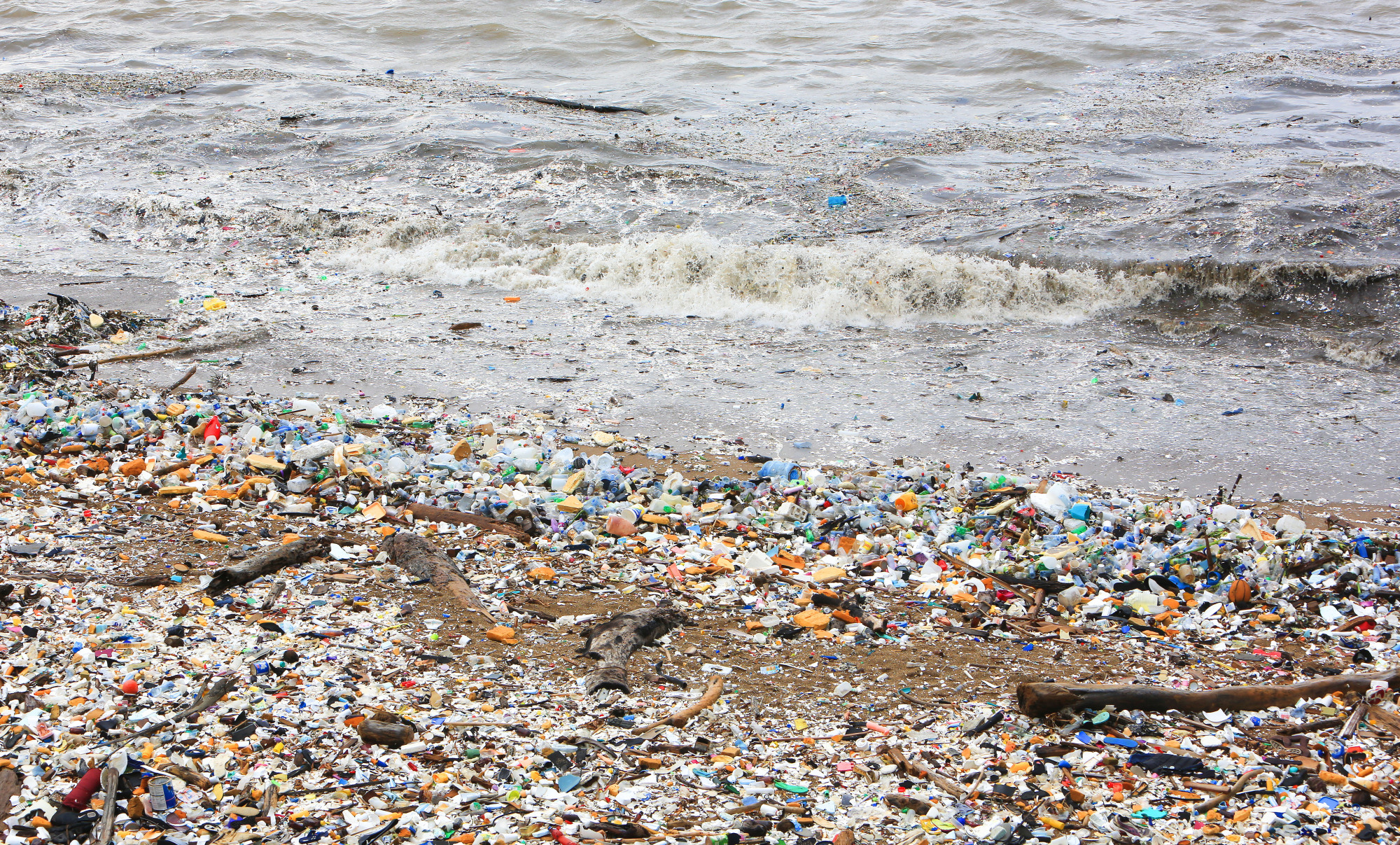Plastics have become a hot topic. News stories about plastic on beaches and in the oceans abound, and policymakers have begun to respond with bans or limitations on plastic bags and single-use plastic items.
But the plastics industry is fighting back, arguing that plastics are indispensable, and that the real problem is littering consumers and poor waste-management systems. According to the industry's talking points, bedridden hospital patients and the elderly depend on bendy straws, and phasing out shrink-wrap on vegetables will lead to a food-spoilage disaster.
No one doubts that waste management in much of the developing world — and even in many richer countries — needs to be improved. Governments urgently need to invest in better waste-collection and processing systems. But the rich world also must stop exporting its worthless plastic waste to poor countries for so-called recycling. All too often, the trash that Europeans and Americans sort and separate into different bins ends up in containers bound for Southeast Asia, to be picked up by underpaid workers in hazardous conditions. Ultimately, much of it ends up in dumps or waterways anyway.



















With your current subscription plan you can comment on stories. However, before writing your first comment, please create a display name in the Profile section of your subscriber account page.